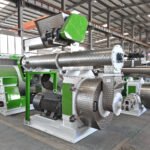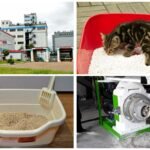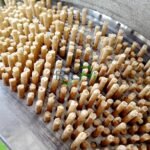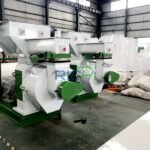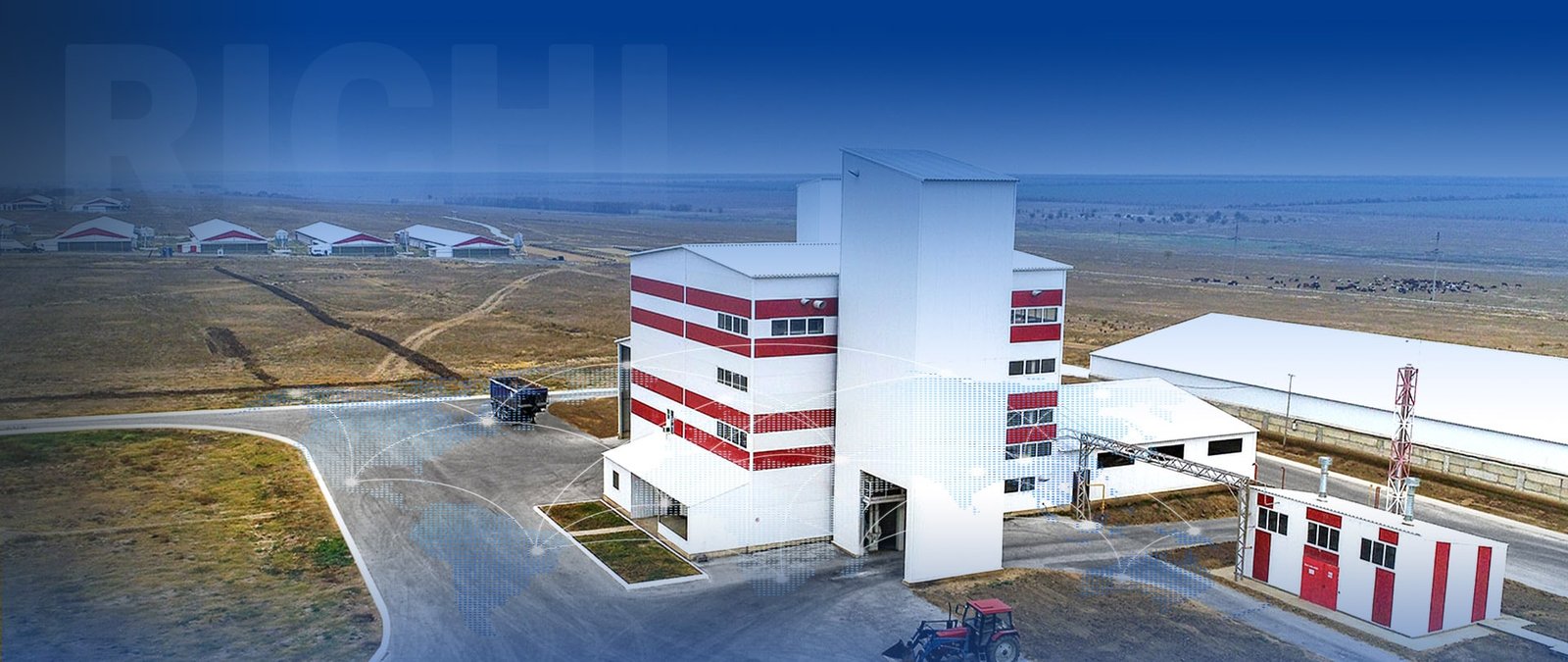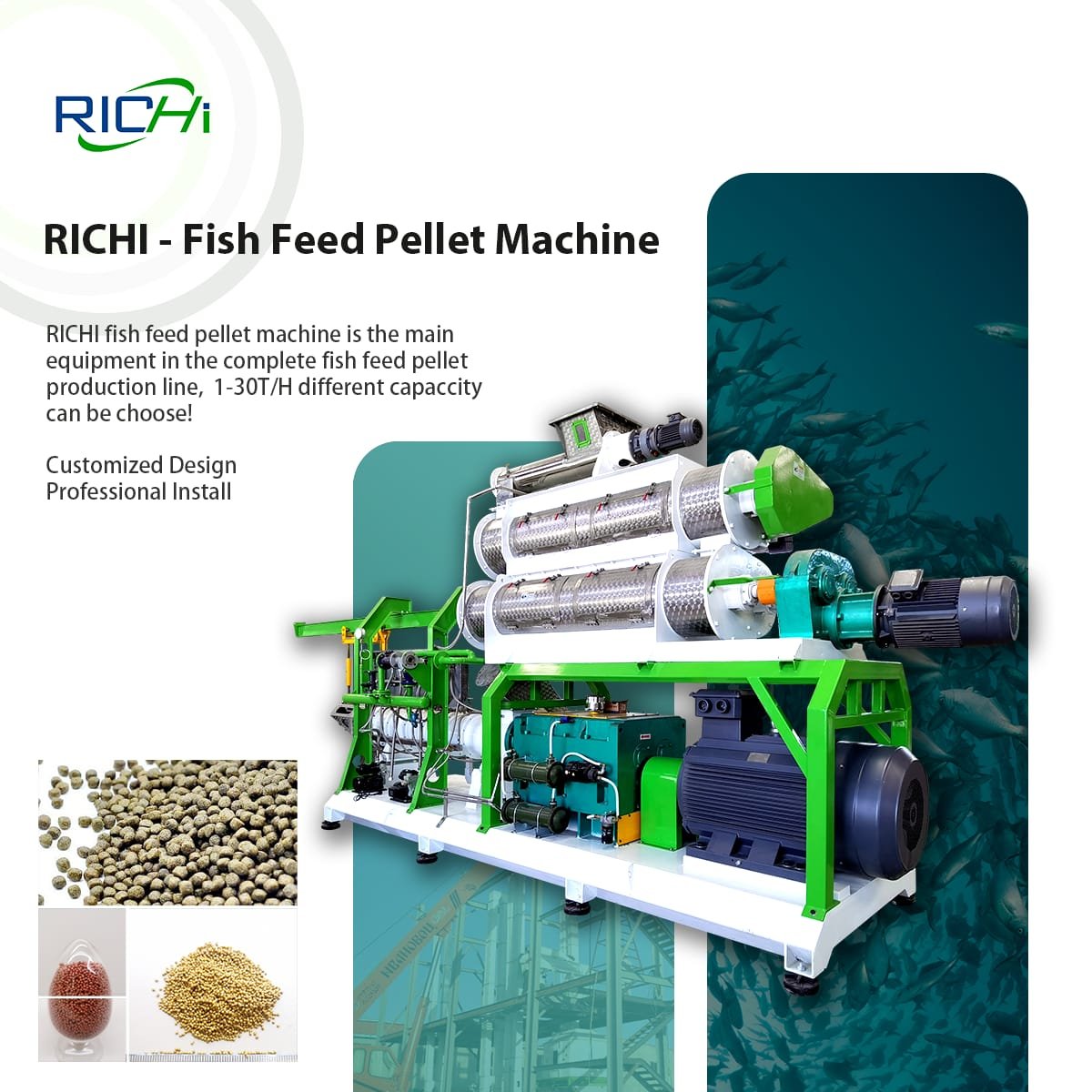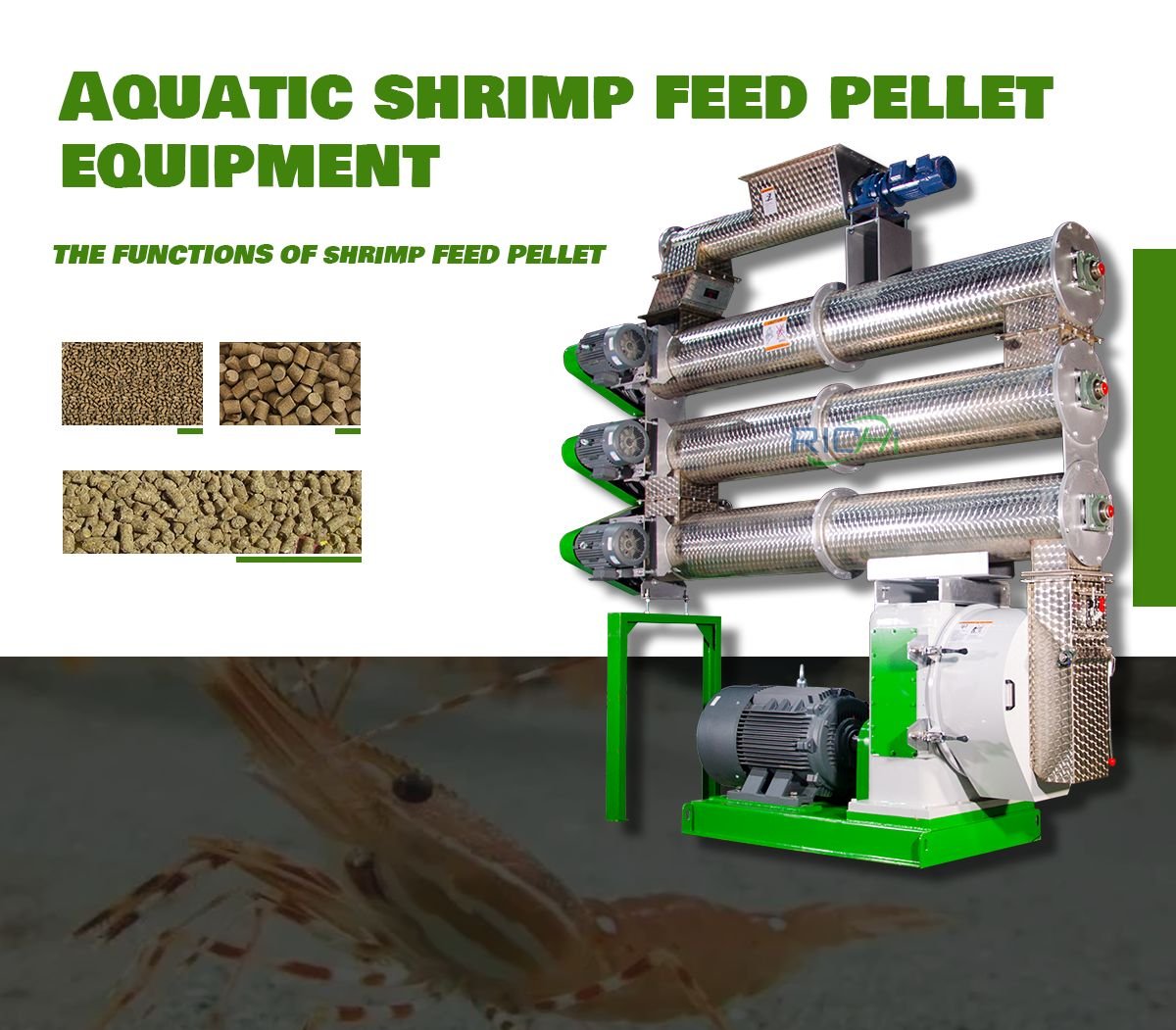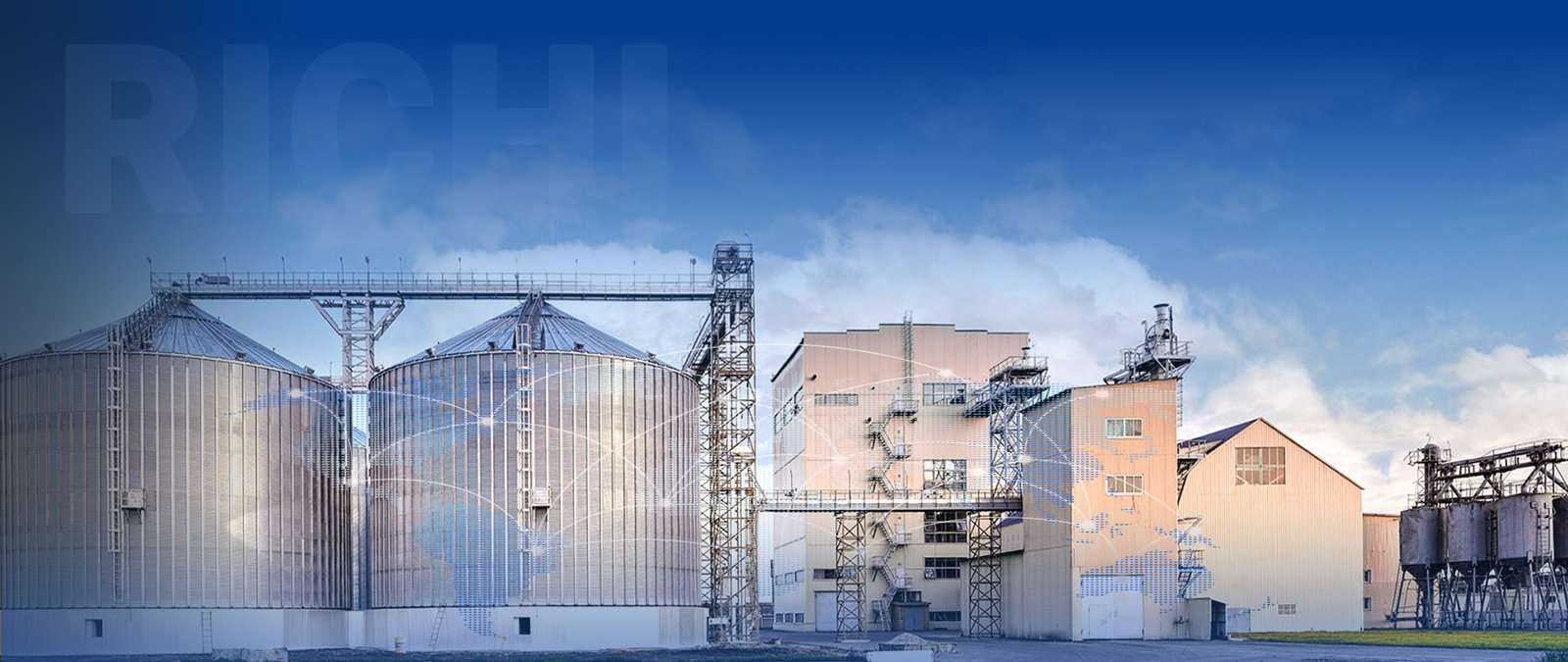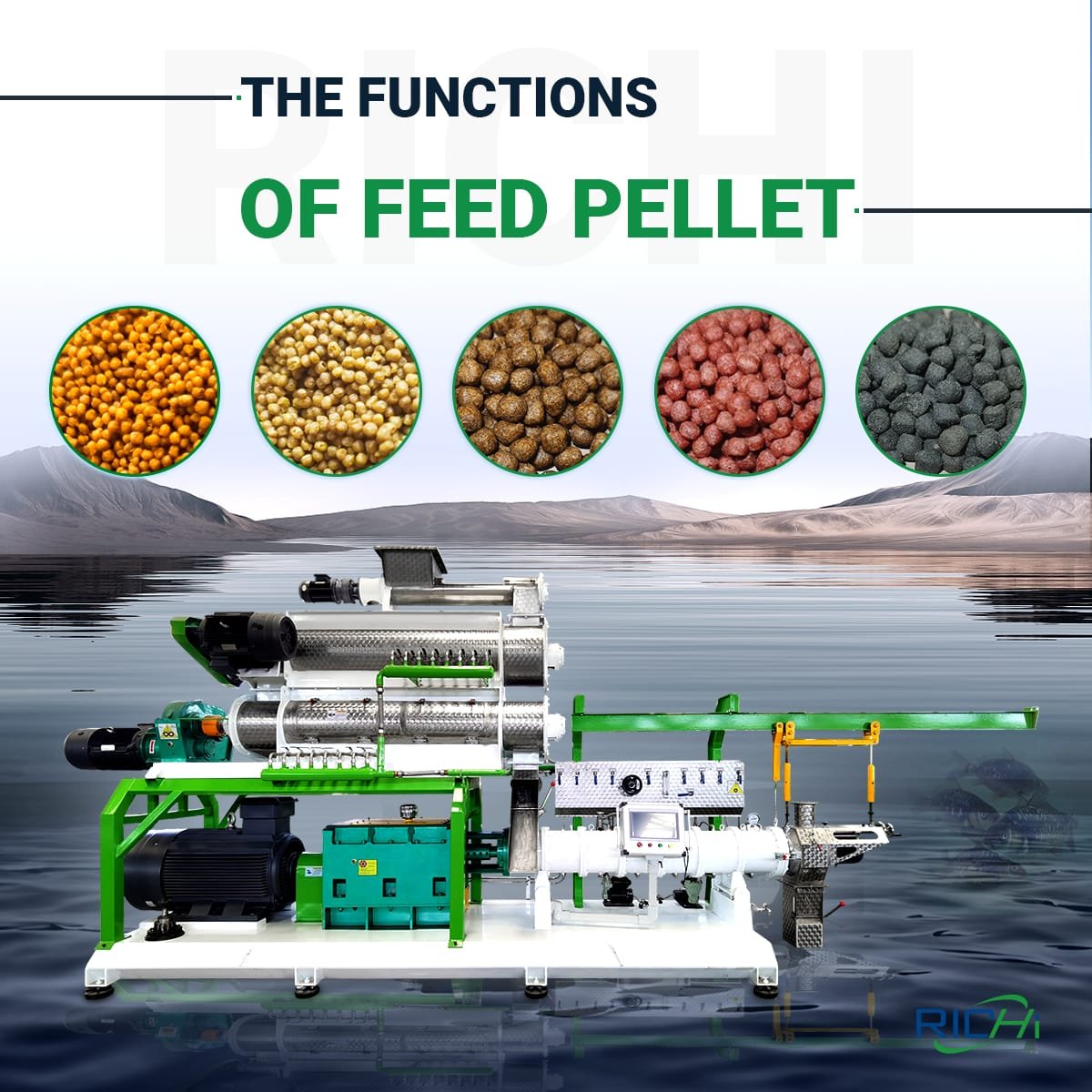Setting up a fish feed manufacturing plant with a capacity of 1-2 tons per hour (t/h) involves a multifaceted process that varies considerably from one region to another. Several factors influence installation times, including local labor availability, regulatory requirements, infrastructure quality, and the efficiency of equipment suppliers. This article delves into the installation timelines for a 1-2t/h fish feed manufacturing plant in various countries, highlighting the key factors contributing to these differences.
Key Factors Influencing Installation Time
- Local Labor Availability and Skill Level
- Regions with a readily available, skilled labor force can expedite the installation process.
- In areas with limited skilled labor, installation times may extend due to the need for additional training or importing skilled workers.
- Regulatory Requirements
- Stringent regulatory environments often necessitate more time for compliance, including securing permits and undergoing inspections.
- In regions with fewer regulatory hurdles, installation can proceed more swiftly.
- Infrastructure and Logistics
- Well-developed infrastructure, including transportation and utilities, facilitates faster installation.
- Poor infrastructure may lead to delays in equipment and material delivery, prolonging the installation timeline.
- Efficiency of Equipment Suppliers
- The responsiveness and efficiency of equipment suppliers significantly impact the installation schedule.
- Suppliers with a strong local presence or effective logistics can shorten installation times considerably.
- Project Management and Coordination
- Effective project management and coordination among stakeholders streamline the installation process.
- Poor coordination can cause delays and extend installation times.
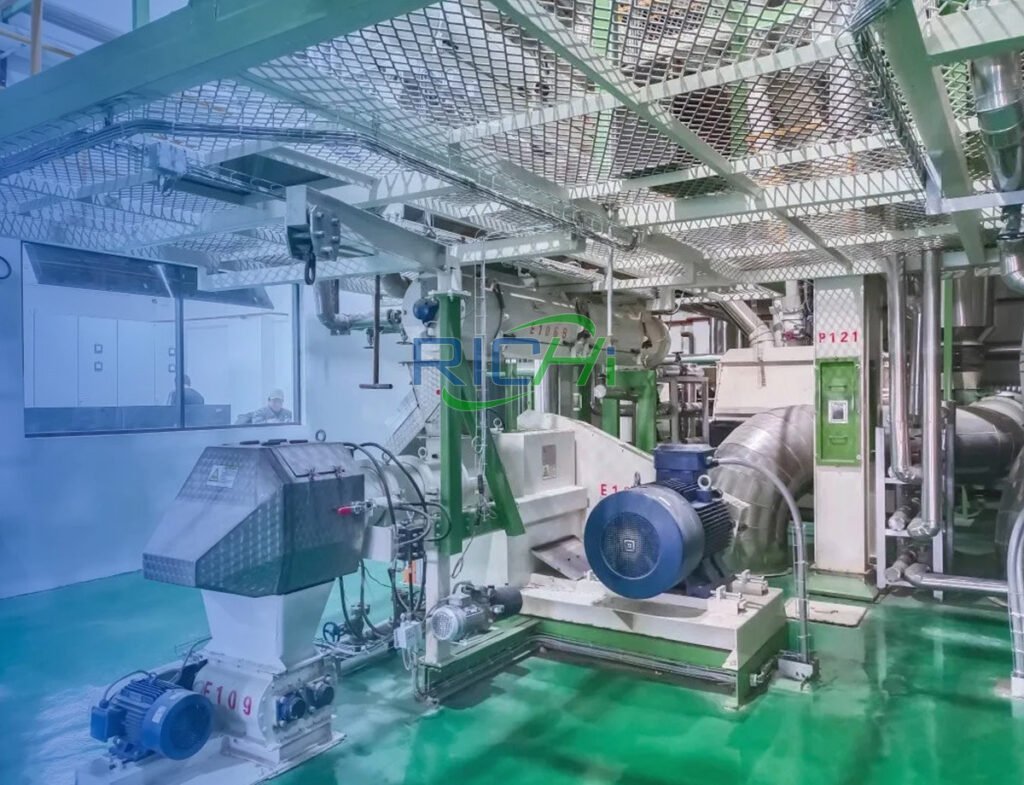
Installation Time in Different Countries
- Southeast Asia (e.g., Vietnam, Thailand, Indonesia)
- Estimated Installation Time: 1-2 months
- Factors: Availability of skilled labor, supportive government policies, and a well-established aquaculture industry.
- Example: In Vietnam, a 1-2t/h fish feed plant can be installed within 1-2 months due to the presence of skilled technicians and efficient logistics.
- China
- Estimated Installation Time: 1-2 months
- Factors: Local manufacturing of equipment, competitive labor costs, and a strong supply chain.
- Example: In China, the installation of a 1-2t/h fish feed plant can be completed in 1-2 months, utilizing local equipment production and skilled labor.
- India
- Estimated Installation Time: 2-3 months
- Factors: Growing aquaculture sector and labor availability, but challenges in infrastructure may arise.
- Example: In India, a 1-2t/h fish feed plant might take 2-3 months to install due to infrastructure challenges and the need for skilled labor training.
- Latin America (e.g., Ecuador, Brazil, Peru)
- Estimated Installation Time: 2-3 months
- Factors: Moderate infrastructure quality, varying labor availability, and proximity to fish farming regions.
- Example: In Ecuador, the installation of a 1-2t/h fish feed plant can be completed in 2-3 months, benefiting from local agricultural resources and moderate infrastructure.
- North America (USA, Canada)
- Estimated Installation Time: 3-4 months
- Factors: Higher regulatory compliance requirements, increased labor costs, and advanced technology integration.
- Example: In the USA, installing a 1-2t/h fish feed plant might take 3-4 months due to stringent regulations and the need for advanced technology.
- Western Europe (e.g., Germany, France)
- Estimated Installation Time: 3-4 months
- Factors: High regulatory standards, elevated labor costs, and advanced technology requirements.
- Example: In Germany, the installation of a 1-2t/h fish feed plant might take 3-4 months, driven by high compliance costs and the integration of advanced technology.
- Middle East (e.g., Saudi Arabia, UAE)
- Estimated Installation Time: 2-3 months
- Factors: Varying labor costs, potential climate control needs, and government incentives.
- Example: In Saudi Arabia, a 1-2t/h fish feed plant can be installed within 2-3 months, benefiting from government support and growing demand.
- Africa (e.g., Nigeria, Kenya)
- Estimated Installation Time: 3-4 months
- Factors: Lower labor costs, potential infrastructure challenges, and an emerging market.
- Example: In Nigeria, the installation of a 1-2t/h fish feed plant might take 3-4 months due to infrastructure challenges and the need for skilled labor training.
Detailed Installation Process
- Site Preparation
- Duration: 1-2 weeks
- Activities: Land clearing, leveling, and foundation laying.
- Regional Variations: Faster in regions with readily available construction materials and equipment.
- Equipment Delivery and Assembly
- Duration: 2-4 weeks
- Activities: Delivery of machinery, assembly, and installation.
- Regional Variations: Faster in areas with local manufacturing and efficient logistics.
- Electrical and Plumbing Work
- Duration: 1-2 weeks
- Activities: Installation of electrical systems, plumbing, and utilities.
- Regional Variations: Dependent on local infrastructure and the availability of skilled technicians.
- Testing and Commissioning
- Duration: 1-2 weeks
- Activities: Equipment testing, trial runs, and adjustments.
- Regional Variations: Faster in regions with experienced technicians and effective project management.
- Training and Handover
- Duration: 1-2 weeks
- Activities: Training local staff, conducting final inspections, and handover.
- Regional Variations: Dependent on local labor skill levels and equipment complexity.
Conclusion
The installation time for a 1-2t/h Fish Feed Processing Line varies significantly by country, ranging from 1-2 months in Southeast Asia and China to 3-4 months in North America, Western Europe, and parts of Africa. These variations are primarily driven by differences in labor availability, regulatory requirements, infrastructure quality, and the efficiency of equipment suppliers.
Investors and project managers must carefully consider these factors when planning a fish feed plant installation. While regions with shorter installation times may promise quicker returns on investment, long-term factors such as market stability, growth potential, and regulatory landscapes should also be evaluated.
By thoroughly assessing the specific conditions of each country and implementing efficient project management practices, investors can optimize the installation process and minimize delays, ensuring a successful and timely establishment of their fish feed manufacturing plant.



